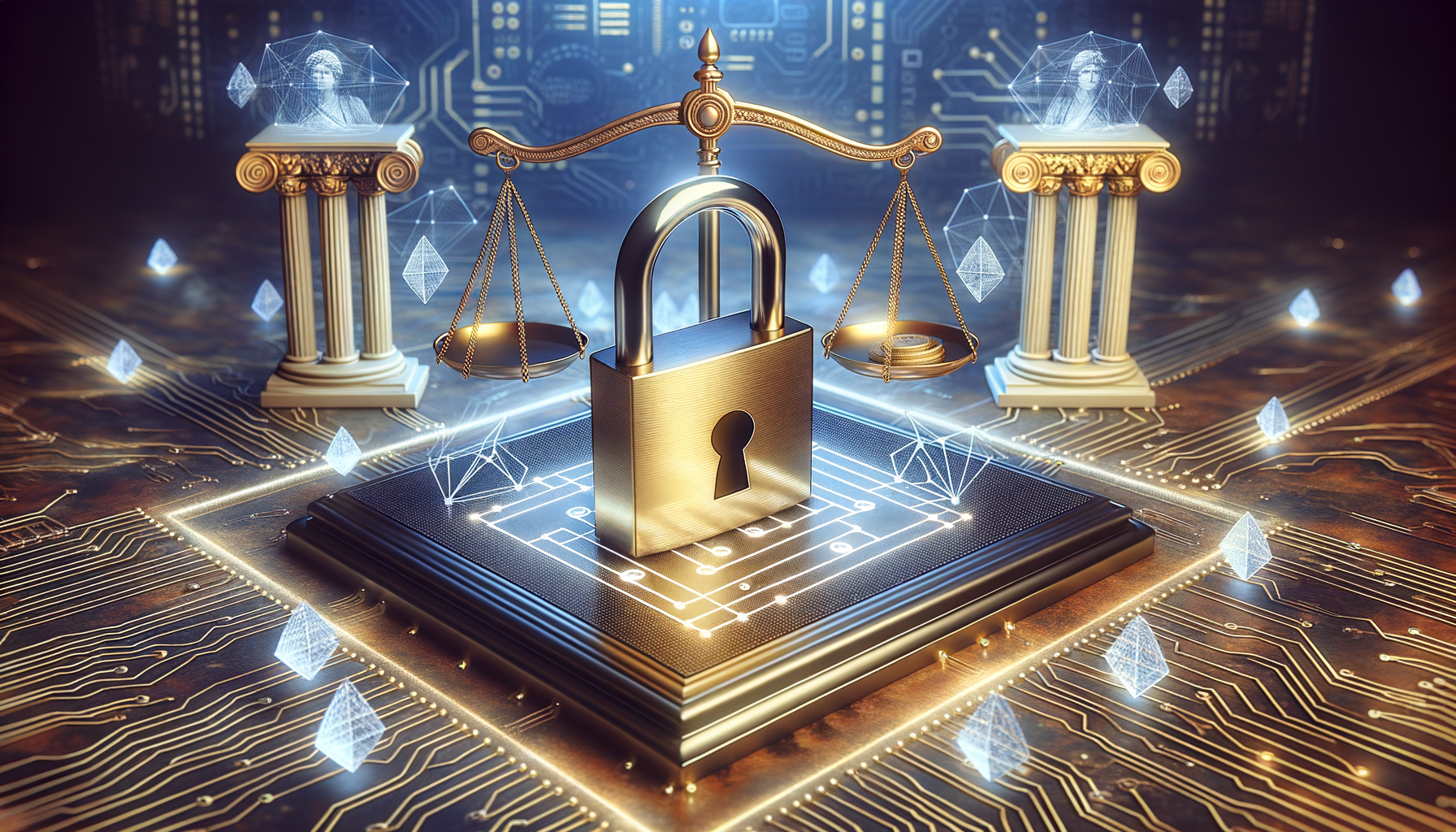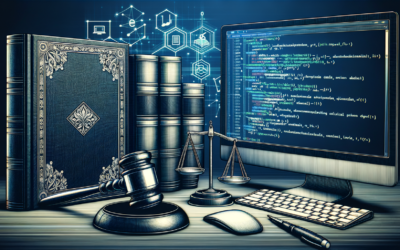Blockchain Law
In the digital age, blockchain law is emerging as an essential field at the crossroads of technological advances and legal imperatives. This distributed registry technology raises new and complex legal and regulatory issues.
What is blockchain law?
Blockchain law refers to the legal and regulatory framework applying to distributed ledger technologies (DLTs) and more specifically to blockchain. These rules address various issues such as the validity and probative value of transactions, data ownership, privacy implications, as well as compliance issues specific to smart contracts and cryptocurrencies.
Fundamentals of blockchain law
Cryptocurrency regulation
In the world of blockchain, cryptocurrencies hold a central place. The regulation of these digital currencies is the subject of much debate in the legal world. It’s a question of balancing the need for security with the need to maintain innovation. Many countries are developing regulations to combat money laundering, finance terrorism and protect investors while encouraging the adoption of blockchain technologies.
The legal status of smart contracts
Smart contracts, these self-executing contracts written in code, raise the question of their legal recognition. Even if a smart contract can automatically execute the terms of an agreement without an intermediary, uncertainties remain as to their validity before the courts, their legal interpretation and the question of the appropriate jurisdiction in the event of a dispute.
Data protection and privacy
Blockchain also poses challenges in terms of data protection and privacy, not least because of the immutability of records. Companies must therefore comply with the RGPD when using blockchain, as the RGPD compliance site indicates.
Use cases and legal developments
Cybersecurity and blockchain
The exceptional security offered by blockchain has led to its adoption in the field of cybersecurity. Websites specializing in legal cybersecurity analyze how decentralization helps protect data against cyber-attacks.
Blockchain and intellectual property
Blockchain can also be applied to the management of digital intellectual property. Easier tracking of creations and rights trading could revolutionize the sector, as suggested by the Digital Intellectual Property website.
Practical implications for legal professionals
Blockchain training for lawyers
Mastering blockchain is becoming a competitive advantage for law firms. Understanding this technology enables us to offer innovative services in line with developments in the sector. Find out more about legal upskilling.
Blockchain and jurimetry
The benefits of blockchain for jurimetry are significant, as they enable better prediction of judicial outcomes based on immutable, decentralized data. Invaluable for both lawyers and litigants, this subject is explored in depth on jurimétrie.
Frequently asked questions
Here is a list of frequently asked questions for Blockchain Law:
Is blockchain legal everywhere?
The legality of blockchain depends on the laws of each jurisdiction. While some countries actively encourage its development, others have put in place restrictions on its use, particularly where cryptocurrencies are concerned.
Can a smart contract be considered a legal contract?
A smart contract can potentially be recognized as legally valid if all the elements of a traditional contract are present. However, this may vary according to the legislation of each country and the presence of all necessary contractual clauses.
How is blockchain influencing corporate law?
Blockchain offers new ways of managing and auditing corporate governance. This includes improving the transparency of corporate actions and decisions, and simplifying exchanges between shareholders, as described on the Corporate IA page.
How to resolve blockchain-related disputes?
Disputes relating to blockchain may require specialized arbitration or jurisdictions trained in the technical specifics of this technology. Efforts are underway to develop suitable dispute resolution mechanisms, referenced under the online dispute resolution platform.
s




